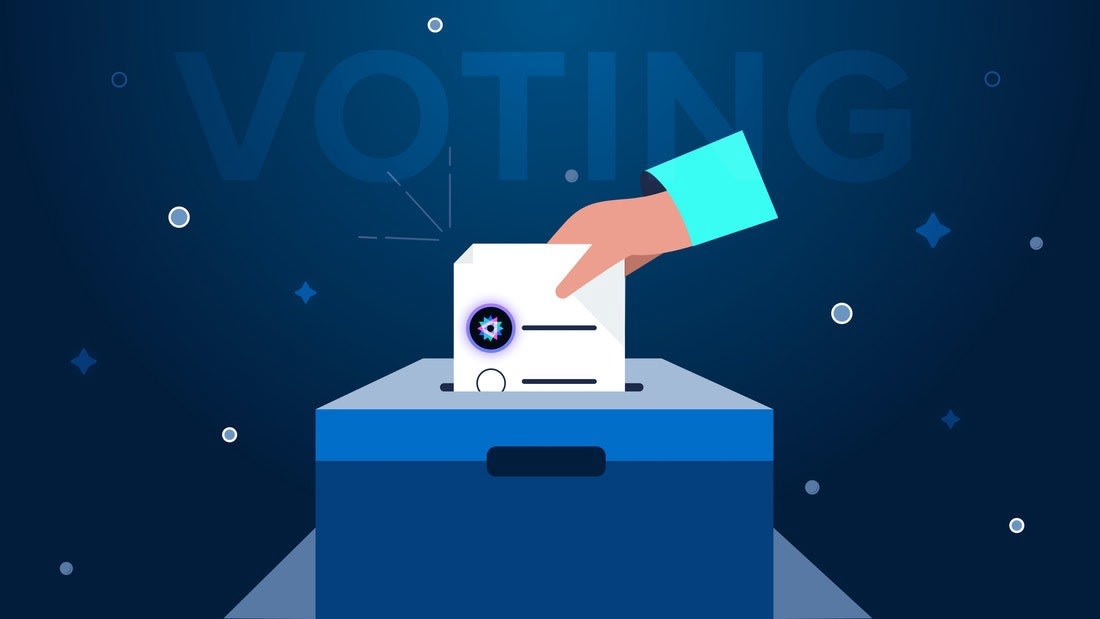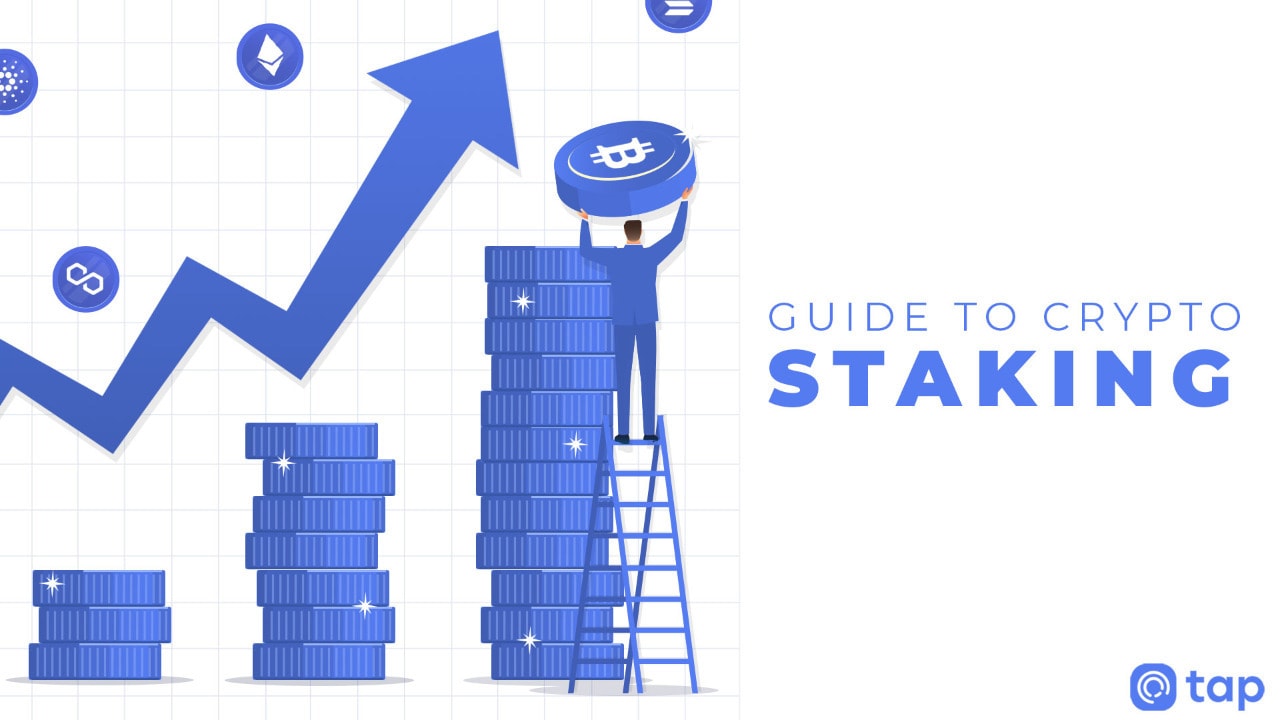Comparative Analysis of Governance Voting and Staking Metrics on the NEAR Blockchain
What is blockchain governance ?
Before we move to blockchain governance, let’s first understand governance as a concept. Governance is the process of overseeing or controlling an entity, including the entity’s hierarchy, operations, and systems.
It's impossible to explain governance tokens without a basic understanding of how blockchain governance works. After all, governance tokens were designed to make this decision-making process smoother.
Blockchain governance includes the activities and protocols involved in reaching agreements and implementing changes in a crypto project.
Although permissioned blockchains can have a hierarchical governance structure, open-source projects try to maintain decentralization. Instead of dictating a project’s future directions, many Web3 developers will submit improvement proposals online and put them up for a community vote. The community's response to these proposals will determine these directions.
People usually divide blockchain governance into two categories: on-chain and off-chain. On-chain governance occurs directly on a project's blockchain, such as voting on proposals with governance tokens, while off-chain governance includes informal or formal discussions that aren't on the crypto project's chain. Examples of off-chain governance include polls on social media, in-person conventions, or debates on online forums.
What is a governance token?
Governance tokens are cryptocurrencies that allow holders to participate in on-chain governance for a crypto project. Usually, each governance token a person holds equates to one vote on upcoming proposals, but there are other methodologies. People with governance tokens can use them to accept or reject changes to a dApp or blockchain during scheduled voting periods. Many dApps also allow people to use their governance tokens to create initiatives and put them up for a vote.
While governance tokens aren't exclusive to DeFi, they’re the most popular in this sector. Most of the top decentralized exchanges (DEXs) and crypto lending sites use governance tokens to give community members a say.
Source : https://worldcoin.org/articles/what-is-a-governance-token
What are governance tokens used for ?
The main feature that separates governance tokens from other cryptocurrencies is that they come with voting rights. The list of proposals token holders can vote on is endless, but here are a few of the most common issues people use their governance tokens for :
! Deciding on a crypto project's treasury allocation.
! Upgrading a dApp's user interface/user experience (UI/UX).
! Increasing or decreasing the interest rates on crypto lending sites.
! Adjusting crypto rewards for liquidity providers (LPs).
Besides voting on dApp upgrades, governance tokens have other use cases in DeFi. Here are a few non-governance-related ways that people use these :
! Native staking on a dApp to earn interest rewards.
! Adding to a liquidity pool on a DEX.
! Trading in the cryptocurrency market.
Source : https://worldcoin.org/articles/what-is-a-governance-token

What Is Staking ?
Staking is when you lock crypto assets for a set period of time to help support the operation of a blockchain. In return for staking your crypto, you earn more cryptocurrency.
Many blockchains use a proof of stake consensus mechanism. Under this system, network participants who want to support the blockchain by validating new transactions and adding new blocks must “stake” set sums of cryptocurrency.
Staking helps ensure that only legitimate data and transactions are added to a blockchain. Participants trying to earn a chance to validate new transactions offer to lock up sums of cryptocurrency in staking as a form of insurance.
If they improperly validate flawed or fraudulent data, they may lose some or all of their stake as a penalty. But if they validate correct, legitimate transactions and data, they earn more crypto as a reward.
Popular cryptocurrencies Solana (SOL) and Ethereum (ETH) use staking as part of their consensus mechanisms.
Source : https://www.forbes.com/advisor/in/investing/cryptocurrency/what-is-staking-in-crypto/
